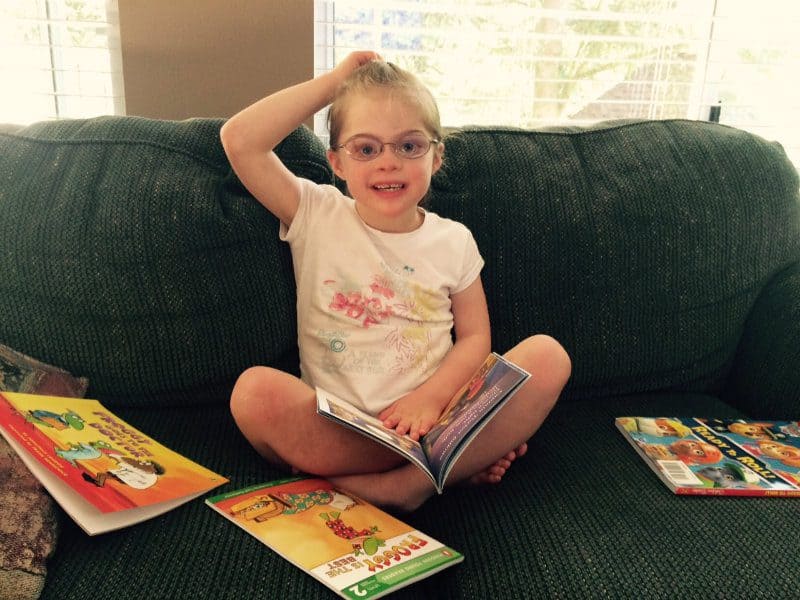 It’s not too hard to imagine this: Two families are living in the same house. Upstairs, a young professional couple live with their three children, two of whom are in school. They rent their “mortgage helper” basement suite to a single mother with a young child; she is employed, but her work is not well paid. In part due to the high cost of living in the Capital Region, and for other reasons, these parents are all under significant pressures and facing varying challenges as best they can.
It’s not too hard to imagine this: Two families are living in the same house. Upstairs, a young professional couple live with their three children, two of whom are in school. They rent their “mortgage helper” basement suite to a single mother with a young child; she is employed, but her work is not well paid. In part due to the high cost of living in the Capital Region, and for other reasons, these parents are all under significant pressures and facing varying challenges as best they can.
The lone parent is struggling to meet basic needs of shelter, food, and care for her child while she works. She had a car, but had to give it up because she could not afford the cost of insurance, fuel, repairs, and parking; she now relies on public transport and is simply unable to get to a library. She cannot pay for licensed daycare, so her mother minds her daughter three days a week and she swaps child-minding with her friends. Most months, she relies on a food bank to supplement her meager budget for groceries. Financial insecurity and continual worrying is taking it’s toll; she cannot afford to be sick.
The homeowners are facing a different set of pressures. In addition to the costs of home ownership, they own two cars, and both have cell phones. They pay for daycare for their youngest child four days/week; Grannie minds him on Fridays and regularly takes him to the local Strong Start Centre. They pay for before-school care for the other two and—because they want their children to experience the benefits of lessons and sports programs—they have enrolled them in after-school classes and activities for which there are additional costs. They often feel pressed for time and as if they are slaves to schedules. After dinner is done, the children are bathed and ready for bed, the school notices read, and lunches are made for the next day, they are exhausted.

The South Vancouver Island “1000 X 5” Children’s Book Recycling Projects are both targeted and universal in approach. We supply books to families in need as well as to those who can purchase books, but who may have forgotten how important it is to give children our full attention, as we do when we read to them. There is no stigma attached to having a bag of our books; they are available to all families. We encourage families to build home libraries and to recycle the books to us when their children have outgrown them.
Imagine this, then: What if more parents, grandparents, and other caregivers in our region made a New Year’s resolution to spend just a few minutes out of each day to read to/with a child? “Booking” this kind of vacation is possible and beneficial for all—adults and children alike…
